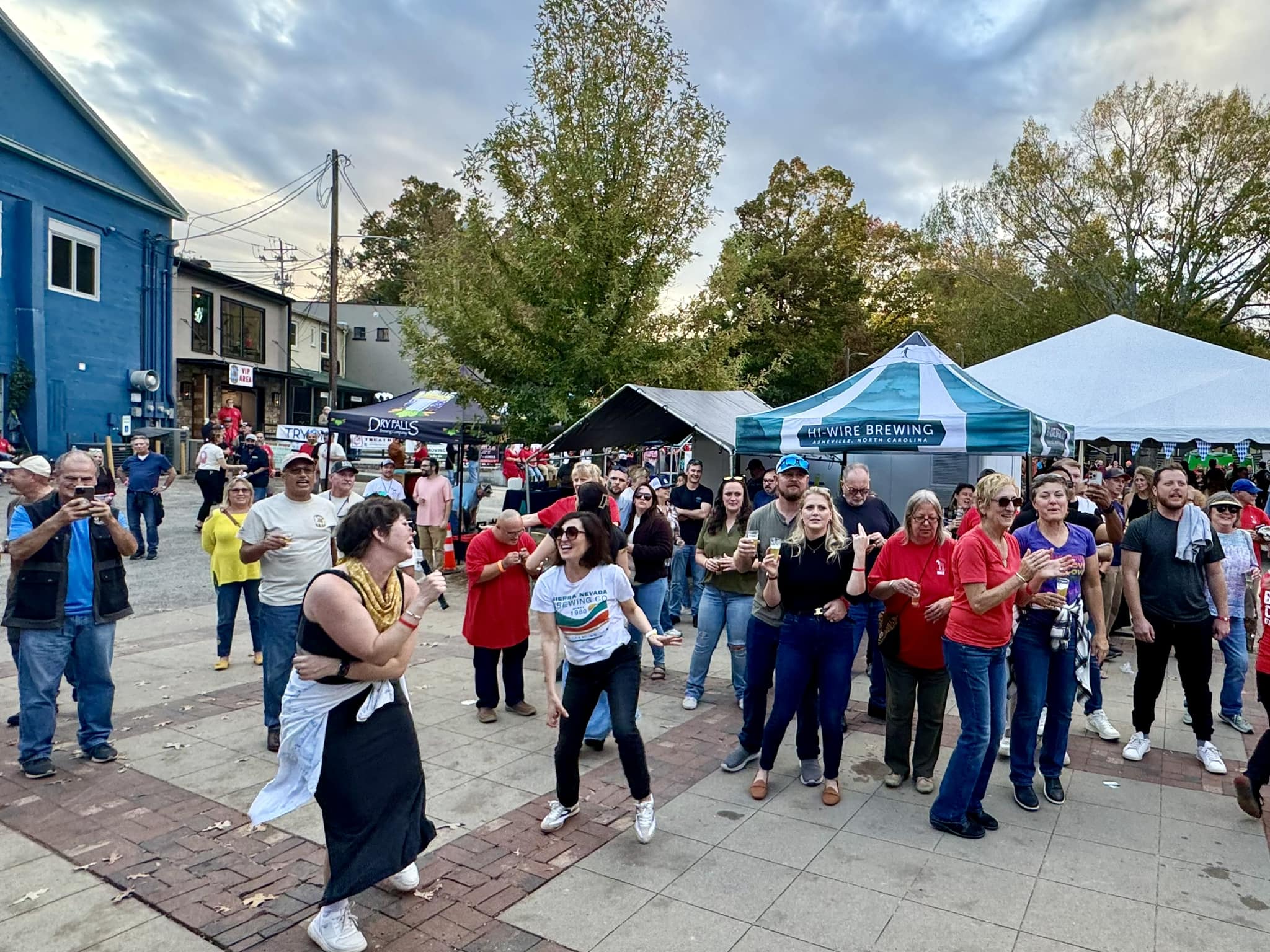Polk shows most interest in region in ground water protection
Published 1:59 pm Friday, March 6, 2009
Joining Davidson as guest speakers were Ted Campbell and Brett Laverty of the N.C. Division of Water Quality and Rick Wooten of the N.C. Geologic Survey.
The speakers discussed issues relating to ground water quality and quantity, and landslide hazards in Western North Carolina.
Davidson, the regional supervisor for the N.C. Division of Water Quality, applauded citizens for coming to the workshop and showing an interest in the topics. He explained that he found similar interest here when he came in 2002 to serve on the county&squo;s groundwater protection team.
Trending
At the time, the county was faced with an extreme drought and many residents and county officials were interested in possible regulations to protect ground water supplies.
The rain eventually returned, however, and interest in such regulations soon faded, says Laverty.
In fact, Laverty says his involvement with Polk County can be tracked by looking at the drought severity index. He came in 2002 after drought had plagued the area for a couple years, left when the drought eased, and then returned in 2009, after drought again had persisted in the area for a couple years.
&dquo;I wish it were still 2002 and we had stayed with it,&dquo; said Davidson, referring to the county&squo;s work on groundwater regulation. &dquo;It got lost with the policy end back in 2002, and it started raining a lot.&dquo;
Davidson says he&squo;s hopeful that Polk County&squo;s elected officials may be more interested this time in carrying out work on ground water protection.
&dquo;A few (county) commissioners have been very supportive and reached out and reignited this,&dquo; he said.
Trending
He explained that the state is already working on a few projects that will &dquo;give you an idea how much water is available here.&dquo;
A database has been created to record information about wells in the county. Davidson said the state has information on several hundred wells so far, including the depth of the wells, rate of water flow and location in proximity to slopes and other wells.
The average depth of wells in the county, he said, is about 345 feet below the surface. Beyond 400 feet, he said, the yield falls off to the point that the well is just building storage and there are diminishing returns at finding fractures in the rock with water.
A database created in 1988 shows 2,400 wells in the county, but &dquo;we know there are much more than that,&dquo; said Davidson.
He added that the state is working with the U.S. Geologic Survey to place a stream gauge in the county. He noted that about 40 to 50 percent of &dquo;what you see in creeks and rivers is groundwater discharge.&dquo;
The state is also working on a small scale groundwater study focused on the impact of development on groundwater, and UNC-Asheville is pursuing a grant for the project.
Davidson said subdivisions often are placed on old farm land&bsp; that was sprayed heavily in the past, exposing new property owners who use wells to the risk of contamination.&bsp; But he said Polk County is &dquo;fairly rural,&dquo; and has very few contamination sites.
&dquo;You&squo;ve got great pristine resources to work with,&dquo; he said.
Laverty, a hydrogeologist with the N.C. Division of Water Quality, also discussed factors that impact water quality, including runoff from agricultural fields where chemicals are used.
He showed examples of Environmental Protection Agency super fund sites where pollutants from coal mines have created areas of dead water nearby. He added that the Mississippi Delta includes a &dquo;dead zone&dquo; of about 4,000 to 6,000 square miles where there is no oxygen and nothing is living due to high levels of nitrates and phosphorous.
He said runoff from agricultural land where chemicals are used can pollute groundwater, and he stressed the importance of ensuring quality drinking water.
Laverty recognized Polk County resident Kathleen Kent for her efforts to open the ground water workshop to a larger audience. He said Polk County Planner Cathy Ruth also helped organize the event.
The Polk County Comprehensive Planning Advisory Committee will take information gained from the workshop and other meetings to work on the county comprehensive plan, a guide for future regulations.





